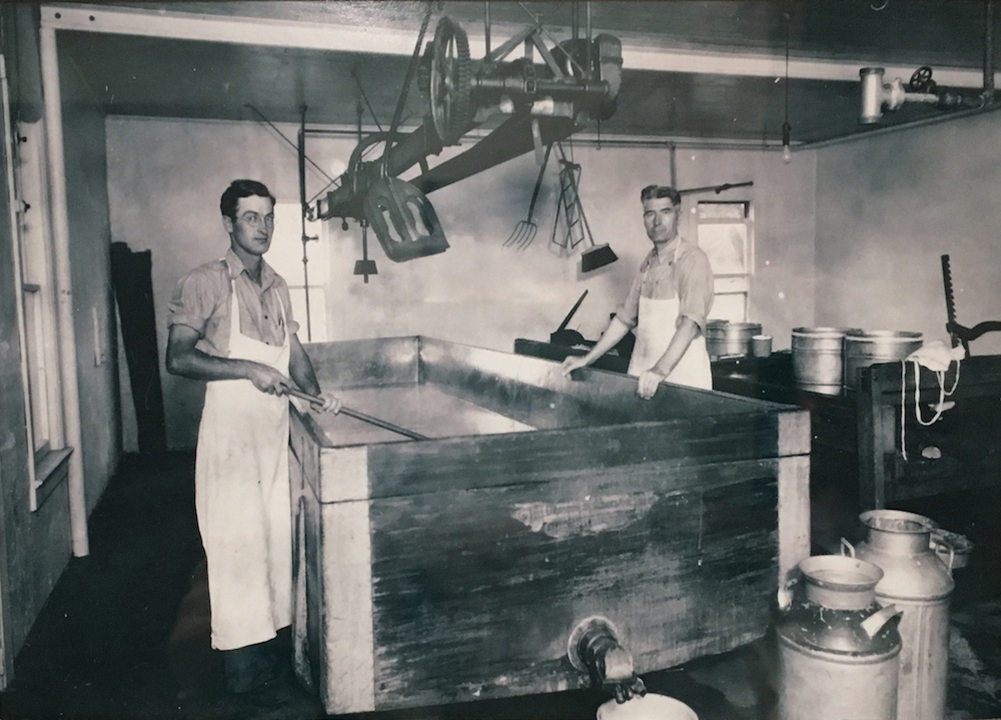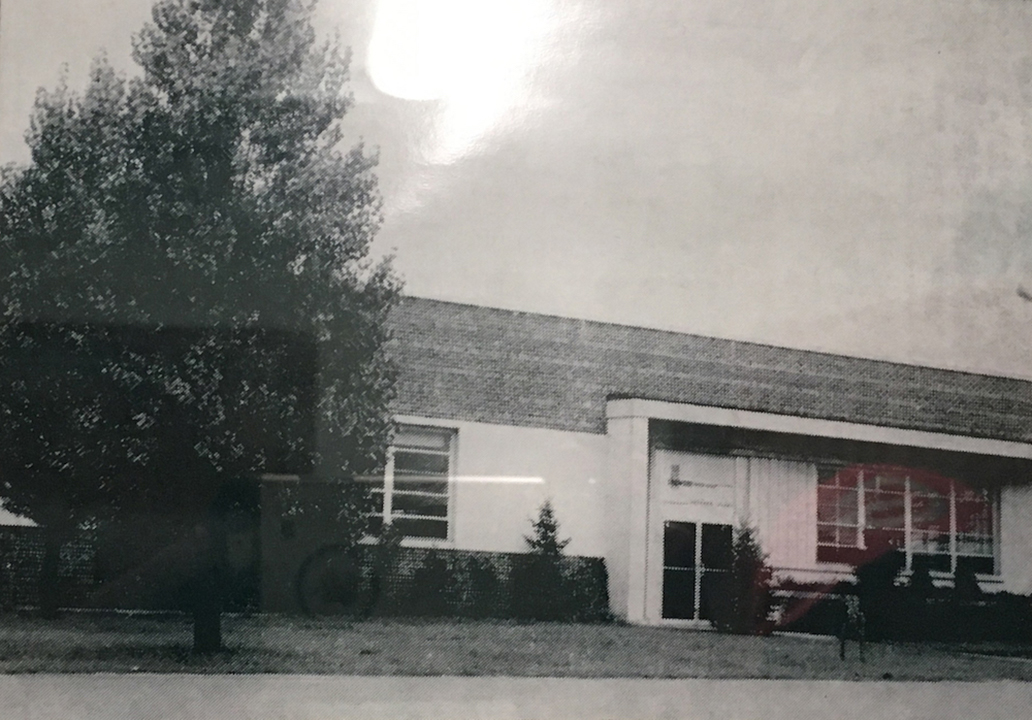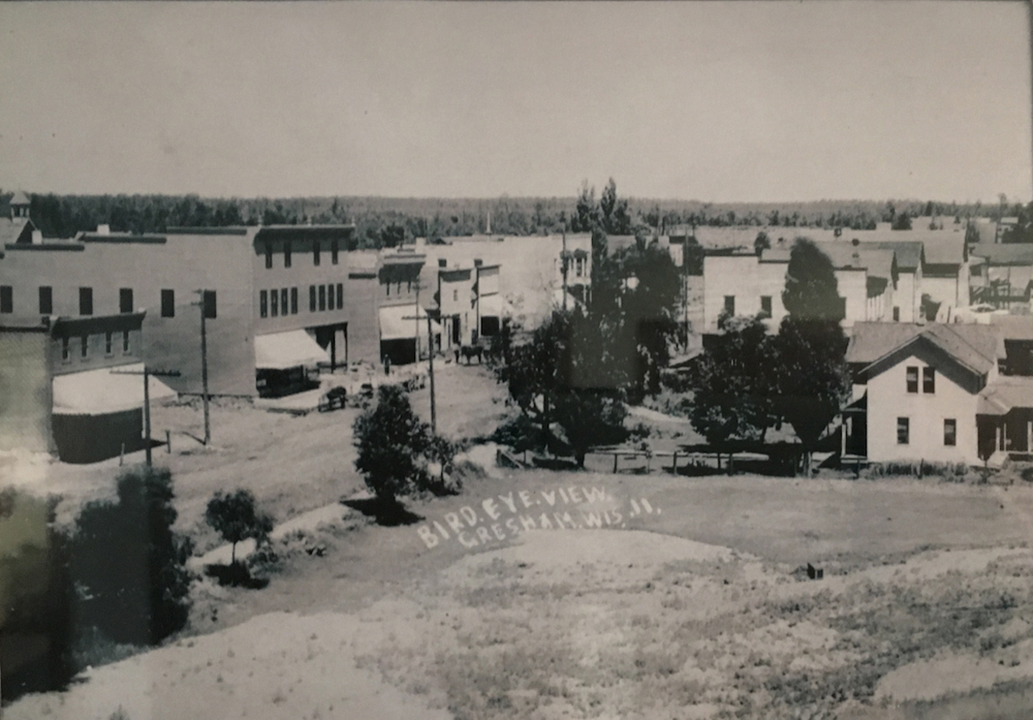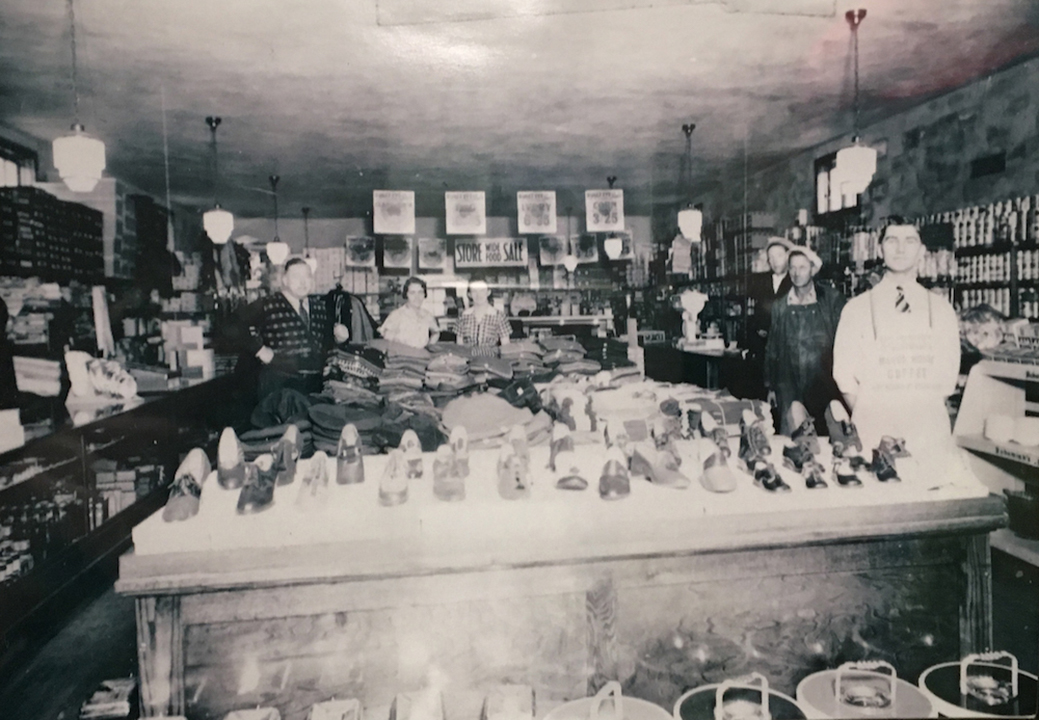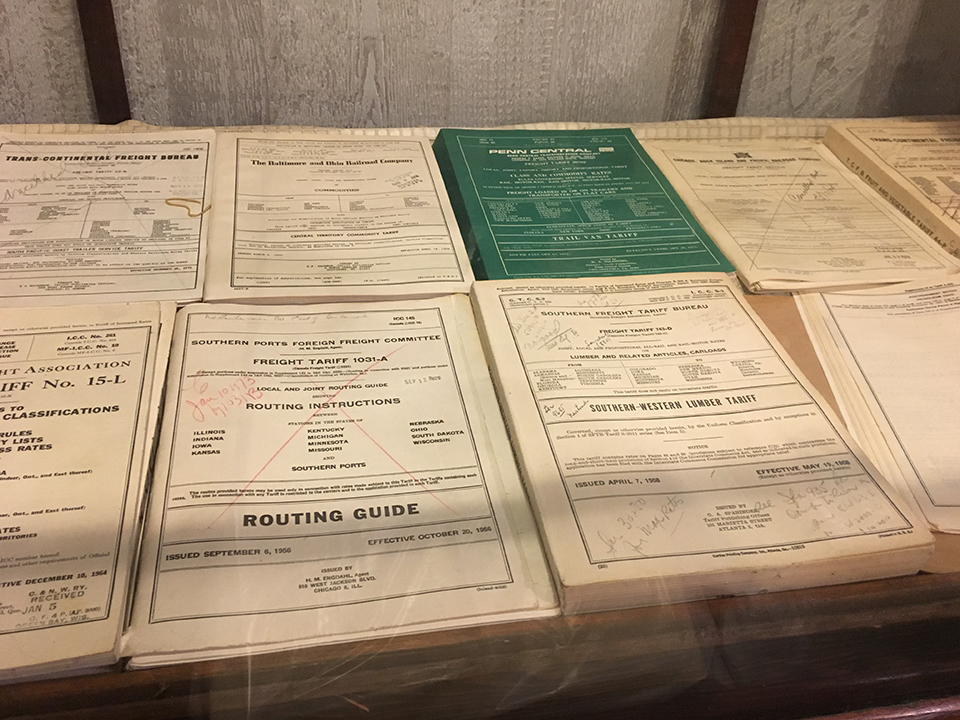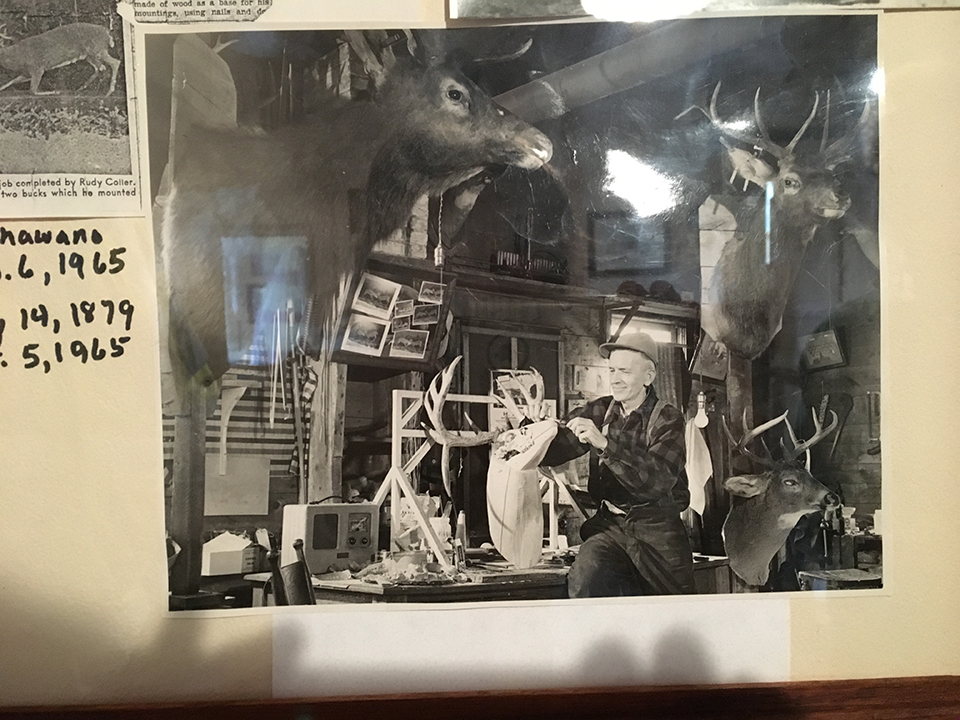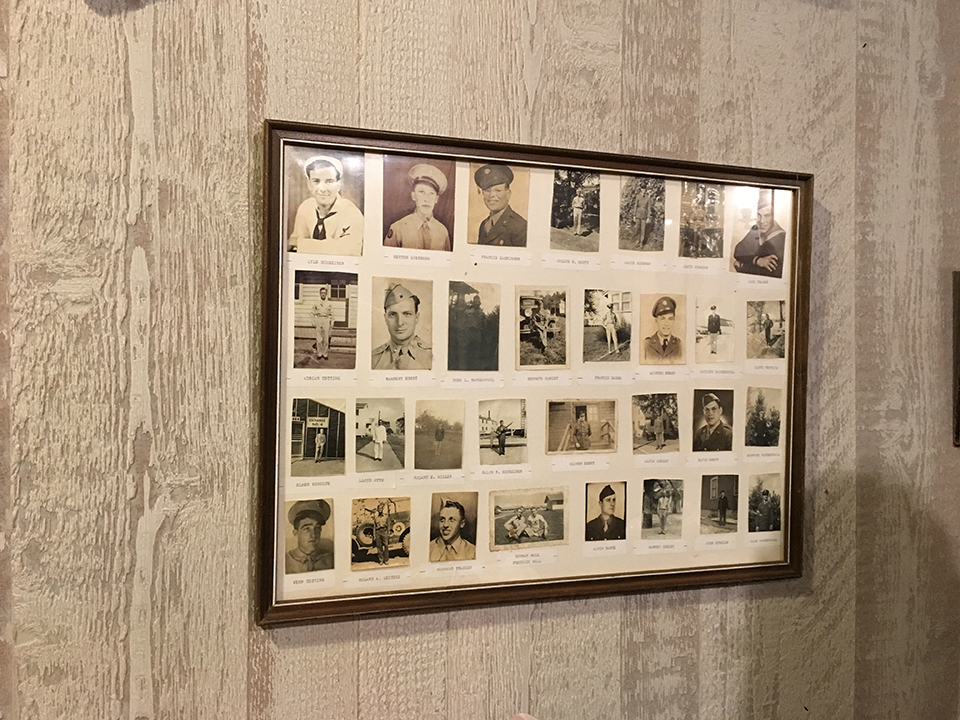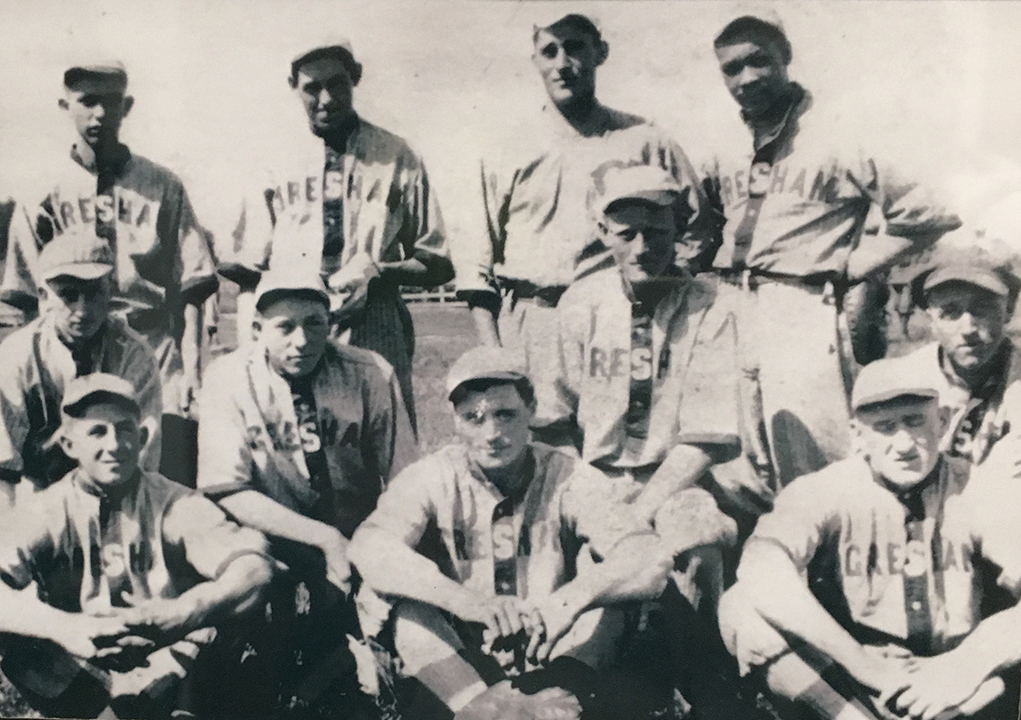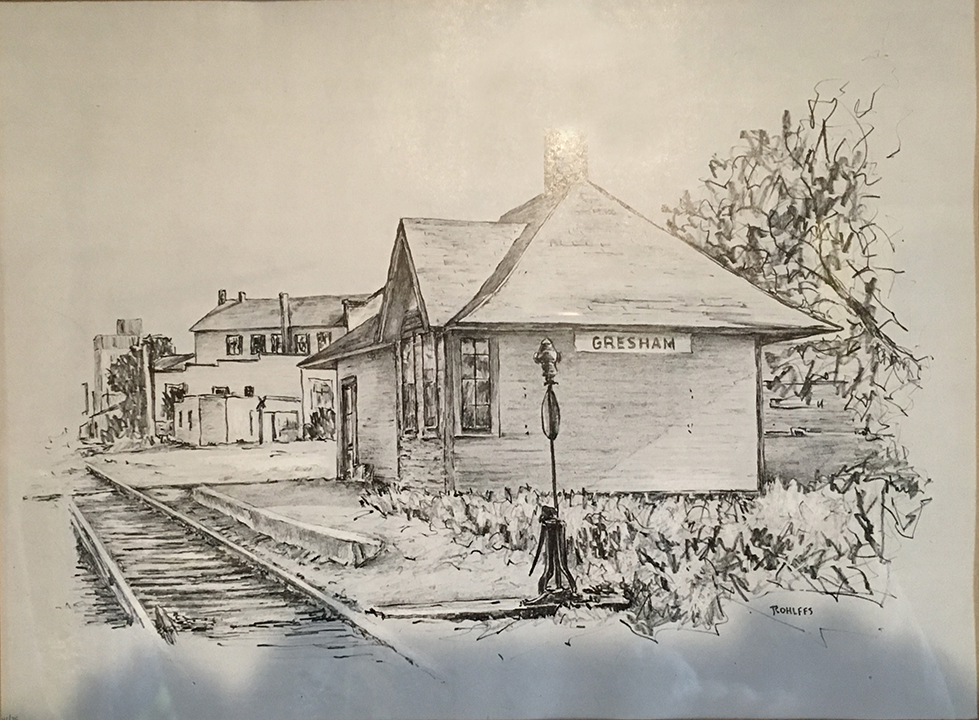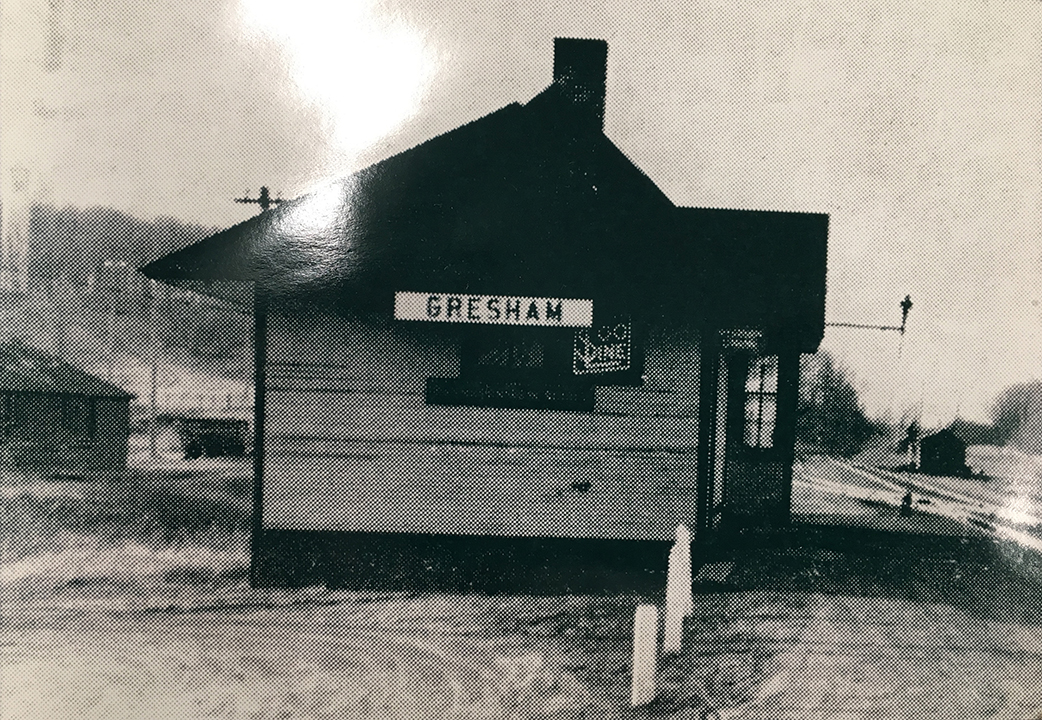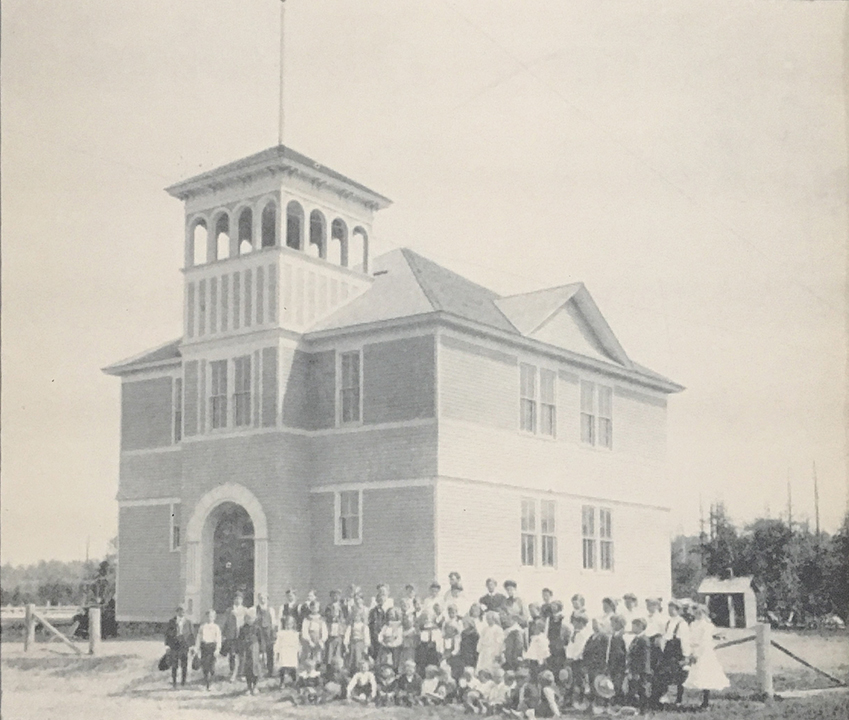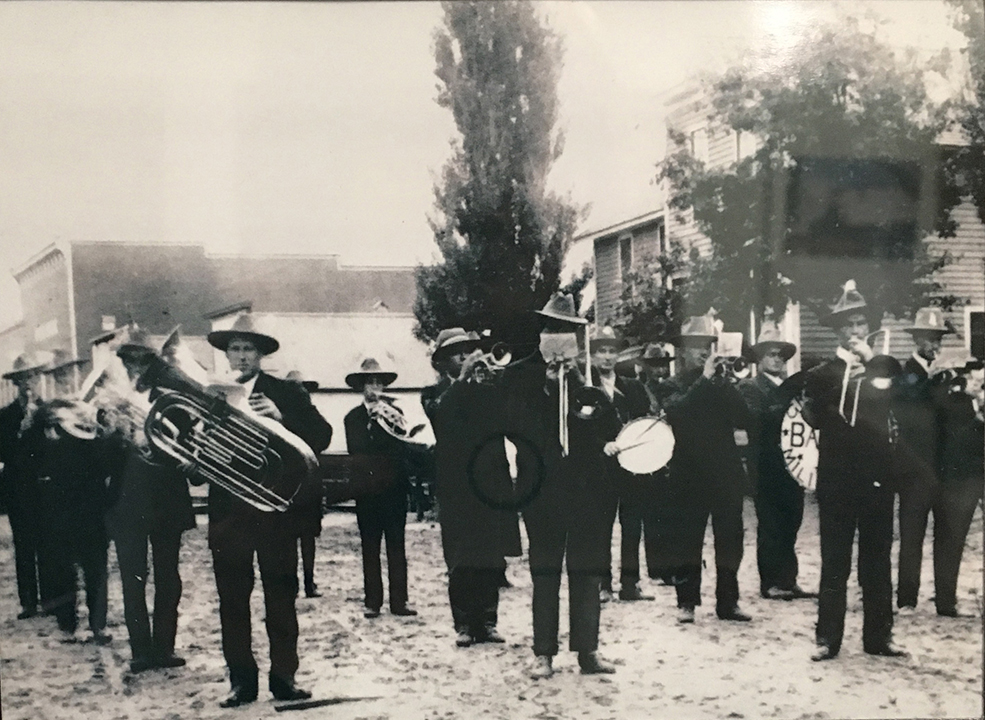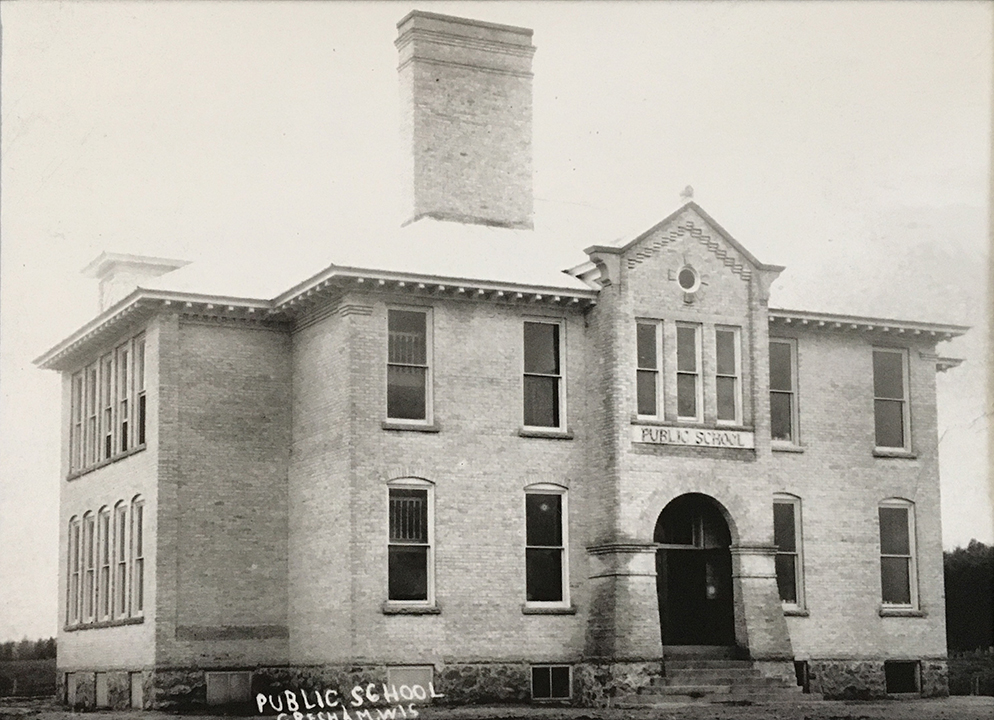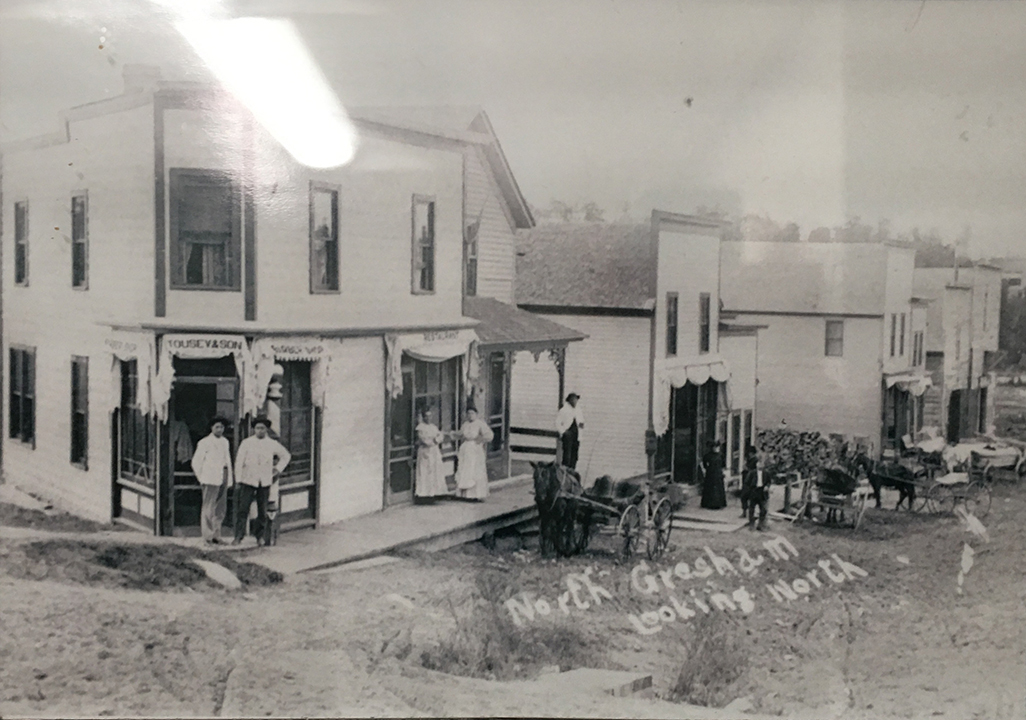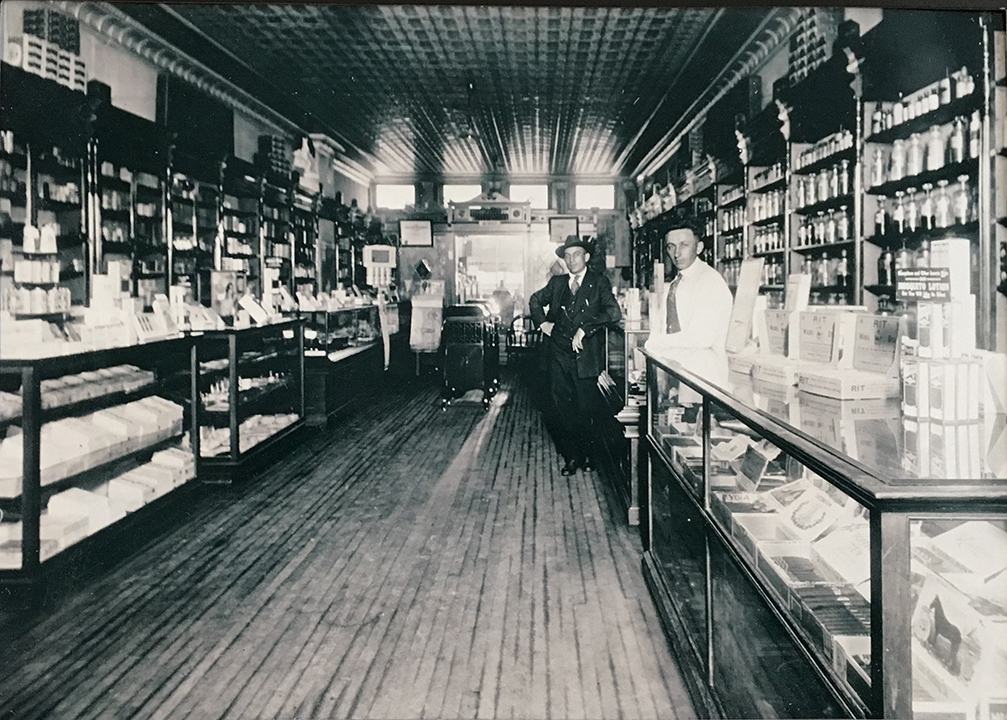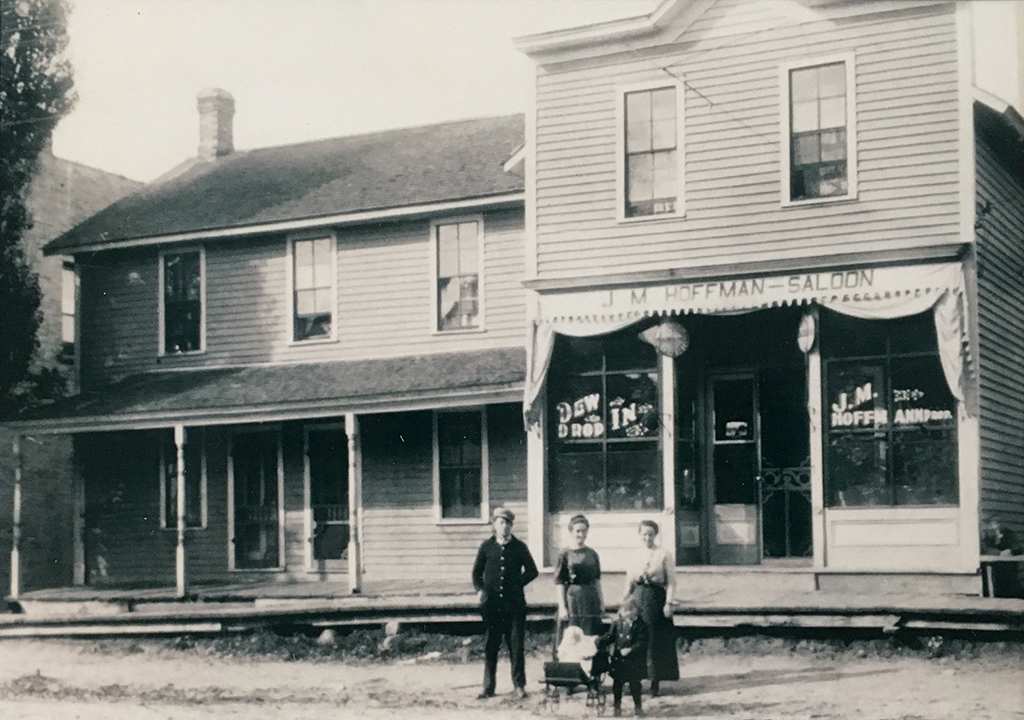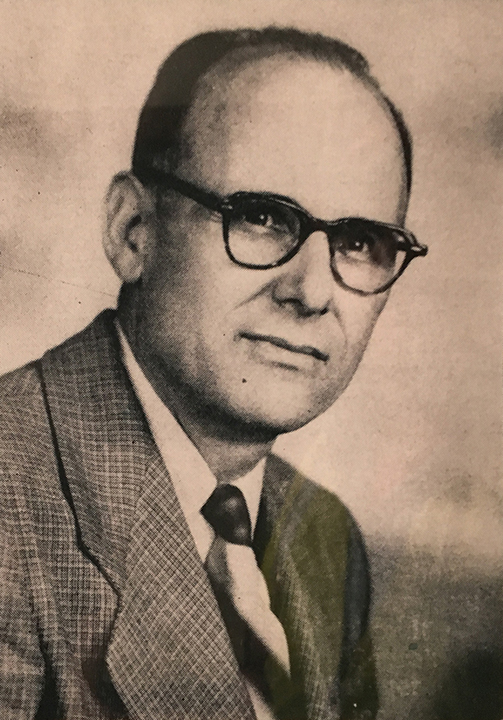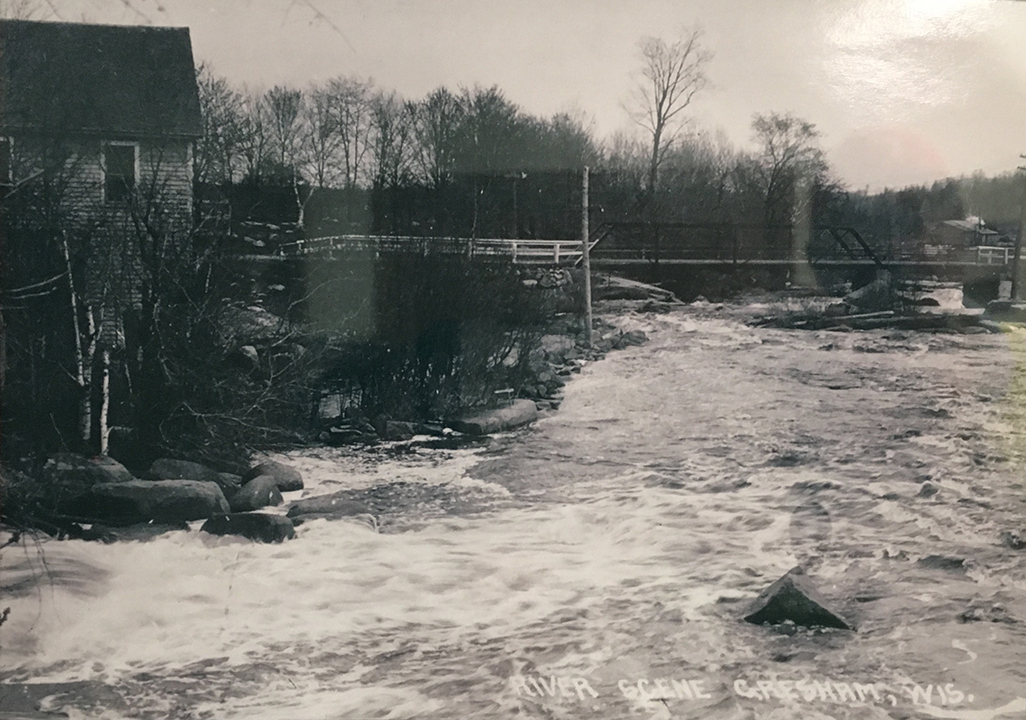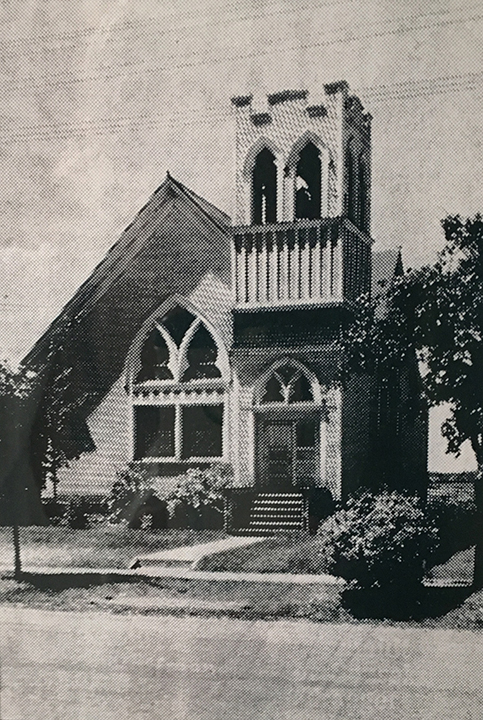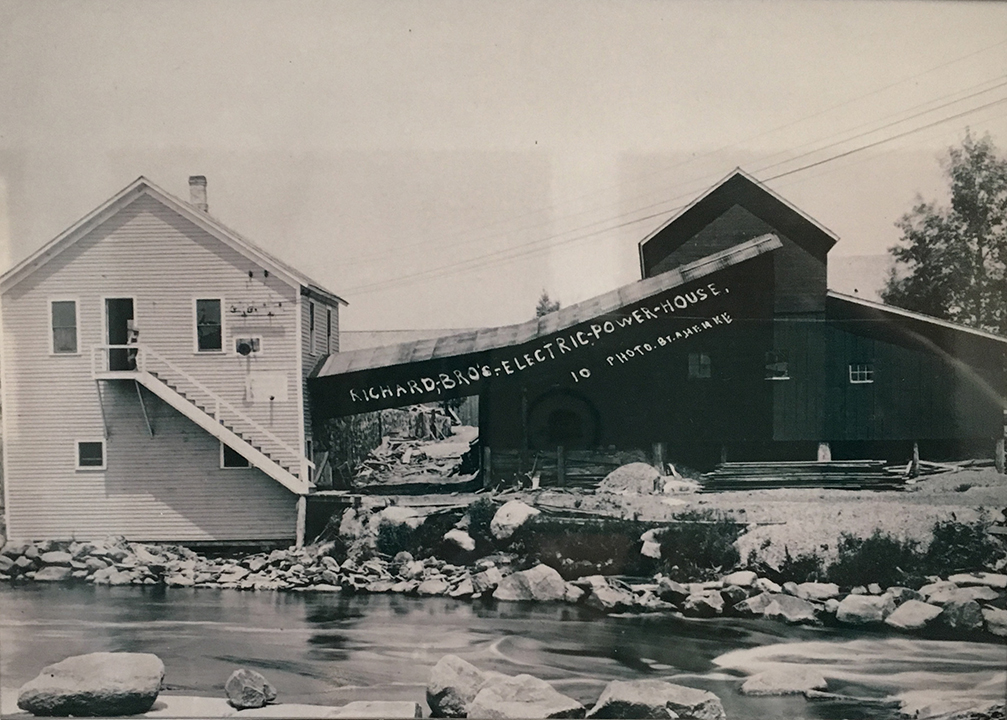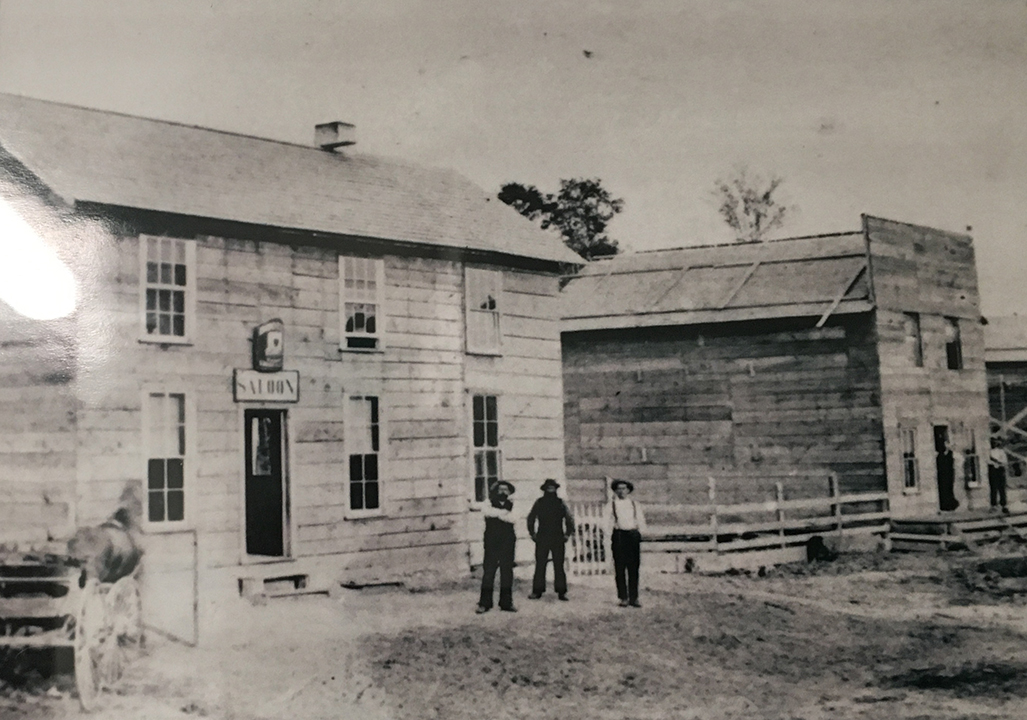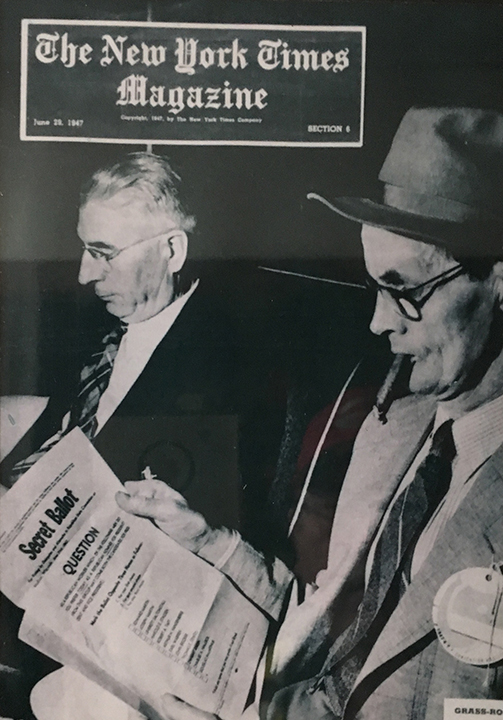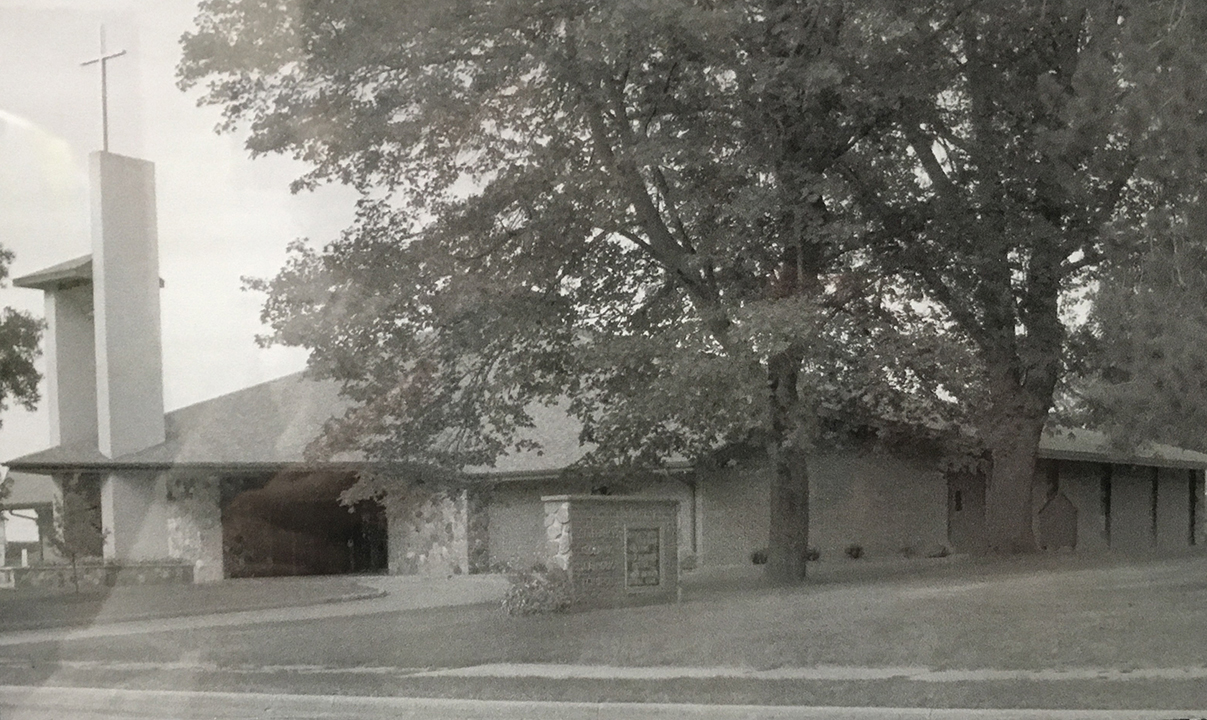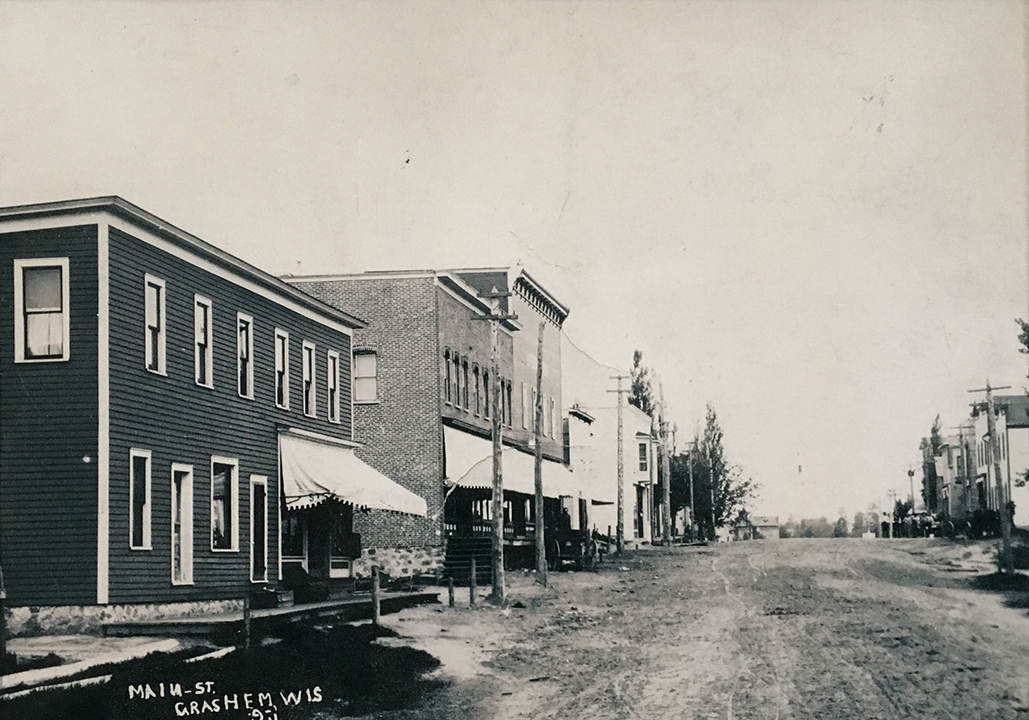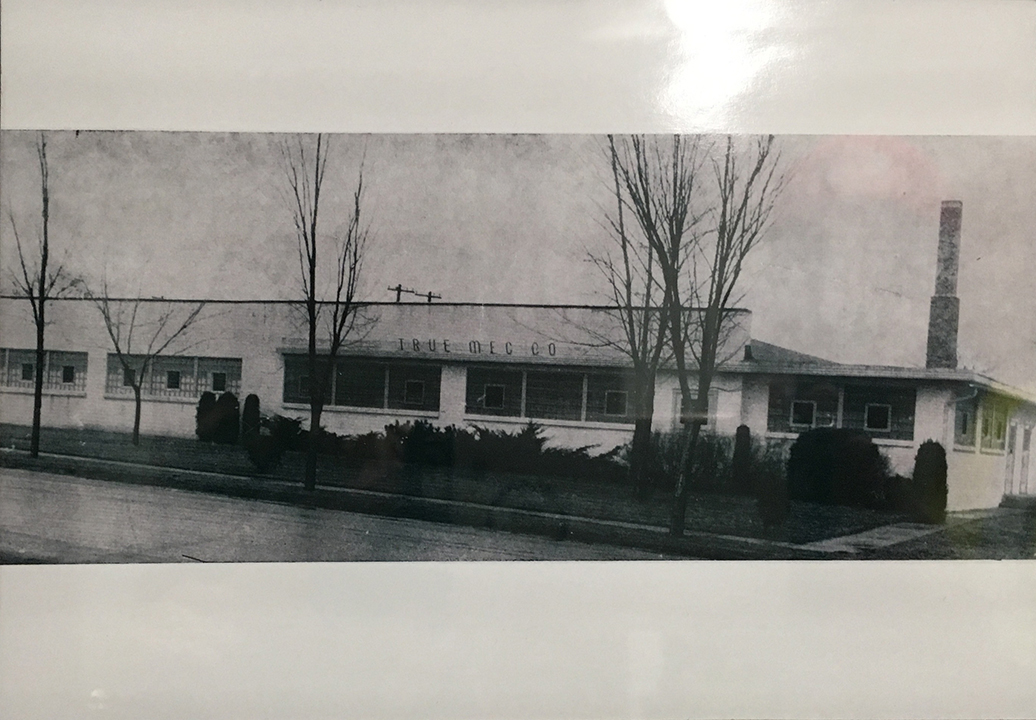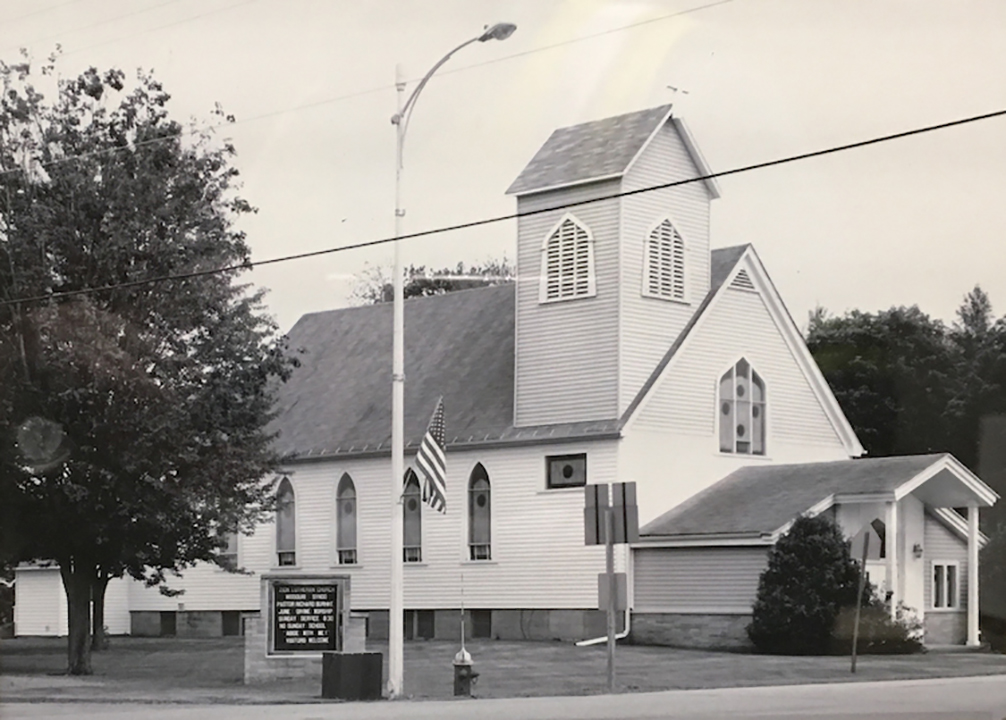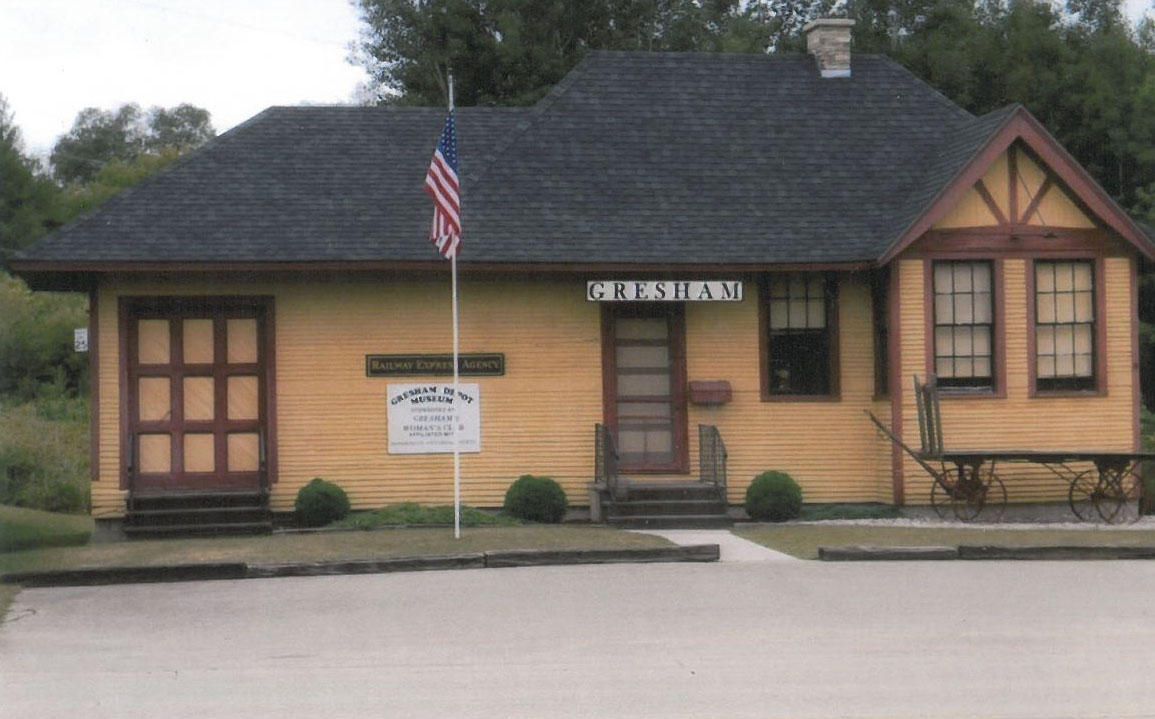
Gresham’s History
Gresham, Wisconsin, located in Shawano County, is an area of extreme scenic beauty where Whitetail Deer, Bald Eagles, Blue Herons and Largemouth Bass share their habitat with residents and tourists from all over the world. The waters of Red River wind through Gresham forming the Upper and Lower Red Lakes, a beautiful sight. The power of the river is utilized by the municipality through the hydro-plant that generates 22% of the electricity to the Village, a unique feature of Gresham, Wisconsin. Seven smaller lakes, trout streams and woodlands surround Gresham wrapping it in a package of natural beauty.
It’s Beginnings
The Village of Gresham, Wisconsin was so named in honor of T. R. Gresham, who was Postmaster General in President Arthur’s cabinet when the first post office was established in the village in 1885. The opening of the military road between Oshkosh and northern Wisconsin caused a number of families to settle in Section 3, Township 27 North, Range 14 East, which now comprises the Village of Gresham. Deeds to the property were not issued until late because of the dense forest, wide swamps, and difficulties of transportation.
- 1853-1953: The Village of Gresham was so named in honor of T. R. Gresham, who was Postmaster General in President Arthur’s cabinet when the first post office was established in the village in 1885.
- The opening of the military road between Oshkosh and northern Wisconsin caused a number of families to settle in Section 3, Township 27 North, Range 14 East, which now comprises the Village of Gresham; but, due to the dense forest, wide swamps, and difficulties of transportation, deeds to the property were not issued until later.
- In 1879 Joseph Hoffman received the first resident deed from William and Anna Schmidt on March 18th, to the SE 1/4 of Section 3.
- In 1881: Joseph Hoffman, Jr., received a deed to the SW 1/4, of Section 3 on March 26, from Russell McLeod.
- In 1882: Frederick Ebert received a deed from Joseph Stringham on March 15, to the N 1/2 of the NE1/4 of Section 3; and Joseph Hoffman received a deed on March 2, 1882, from Joseph Stringham to the NE 1/4 of Section 3.
- In 1882: Bishop Krautbauer was given a deed to a parcel of land 20×24 rods in the northwest corner of the SW1/4, of the NW1/4 of Section 3, by Joseph Hoffman, on December 26, and Joseph Fischer was deeded the NW1/4, of the NE1/4 of Section 3 on September 18, 1882, by Frederick Ebert.
- In 1883: George Neumeier and Joseph Mader received a deed from Joseph Hoffman to the S1/2 of the NE1/4 of Section 3.
- In 1884: August G. Schmidt opened the first store in Gresham. Walter Schmidt, son of August G. Schmidt, was born in 1884 and was the first white child born in the settlement. Joseph Fischer opened the first saloon; and the first schoolhouse was built, and opened in the fall of 1884, with Miss Edith Childs as the first teacher.
- There is no record of when District No. 4 bought, or received a deed to the 400×400 ft parcel of land m the northwest corner of the NW1/4 of the SE1/4, on which the original log building was erected The log building gave way to a one-room frame building, winch was later rebuilt into a two-room frame building, and was finally sold to the Zion Lutheran congregation. The new school was erected on the present site.
- In 1885: the first post office was established in the August G. Schmidt store, with August G. Schmidt as the first postmaster The mail was carried to and from Shawano by stage, twice a week. The stage was operated by Joseph Hoffman It was with the establishment of the post office that the settlement became known as “Gresham.”
- George J Huhn constructed a dam across the river in 1885 and built a grist mill. Claudius Scherer received a deed to the SW1/4 from Joseph Hoffman, Jr, on August 17, 1885.
- Claude Scherr and Henry Liethen opened the second general merchandise store on the east side of Main street in 1885, and in the same year, Joseph Mader opened a furniture and cabinet making shop.
- In 1887: Albert Bartelt, Herman Bartelt and Frank Bartelt were deeded the NW1/4 of Section 3 by Joseph Stringham on May 5, 1887. According to information received from G. L. Herzfeld (whose people arrived in 1883), Edward Mader (whose people arrived in 1884), and Peter Scherer (whose people arrived in 1885), the Bartelt families were here when they arrived and gave them shelter until they got settled; so the Bartelts apparently were among the earliest settlers in Gresham, but did not obtain a deed to their property until some years later.
- In 1889: the first Catholic Church was built under the direction of Father Blasius, a Franciscan Missionary, and named in honor of St. Francis Solanis. Previous to that time Mass had been said in the homes of the faithful at both Gresham and Leopolis.
- In 1890: Mr. Siebert built the first blacksmith shop, and Henry Hoffman built the first hotel and boarding house.
- In 1895: George Herman built the second blacksmith shop in Gresham. The Catholic Parochial School was built and opened in 1895 with John Venus as its first teacher. He was followed by John Traeger and W. F. Ragan. The school burned down in 1901 and was never rebuilt.
- In 1899: the first sawmill in Gresham was opened by Richards Brothers, who moved their mill from south of the big hill to the north side of the river.
- Dr. W. J Ragan was the first doctor of medicine.
- In 1901: the first telephone system with the outside world was installed by Marion & Northern Telephone Company, the businessmen of Gresham having contributed a bonus of $250.
- In 1902: Adam Katzenmeyer opened the first resident Barber Shop.
- In 1905: the first Lutheran Church was built under the direction of Rev. F. H. Kretzmer (a missionary at Red Springs), who served the congregation until 1909 and then became affiliated with Stony Hill. He was replaced by Reverend Fiess.
- In 1906: the first Wisconsin & Northern Railway train was run between Gresham and Shawano.
- In 1907: Wm. Werth opened the first cheese factory. It was operated by Fred Zaug. Also in 1907, Joe Neumeier published the Gresham Spirit, continuing for six years when it was discontinued.
- In 1908: Schutz and Hide opened the first drug: store and the State Bank of Gresham were organized.
- The Village of Gresham was incorporated as a municipal entity on November 9, 1908, by a vote of 38 for and 3 against. The population of Section 3 of Township 27 North, Range 14 East (comprising the Village of Gresham) was 330 at the time of the incorporation and is now (April 1953) 426.
- The first officers were: August G. Schmidt, president; Andrew Mader, Herman C. Hohn, Henry Hoffman, Joseph Hoffman, Max Hoffman, Richard Hoffman and N. L. Berdoll comprised the Village Board, and L. G. Laubenstein was Clerk. The foregoing was also the incorporators of the village.
- In 1909: Dr. E. E. Murdock was the first resident dentist.
- The first devastating fire in Gresham occurred on November 9, 1909.
- In 1910: the first Catholic parsonage was built. Reverend Father Bufahl was the first resident pastor. The congregation had been served from Shawano up to that time.
- Also in 1910 Adolph Henke opened a photograph gallery, and Richard Brothers converted their water power and grist mill into a hydroelectric plant, and Gresham had its first electric lights.
- In 1912: the present Catholic Church was built under the patronage of St. Francis Solanus.
- The second largest fire in Gresham, on the west end of North Main Street occurred in 1912, and the Gresham Haywires became Shawano County’s first champion baseball team.
- In 1915: The first rural free delivery route was established.
- In 1917 the hydroelectric plant was purchased from Richard Brothers by Village Ordinance, and Gresham operated its own Municipal Light and Power Plant.
- In 1923 the first Presbyterian Church was built under the direction of Reverend J. Adair McGreaham (a missionary at Red Springs). Up to that period, services had been held in the Bank annex. Reverend Hillegas and Reverend Westphal followed Reverend McGreaham. Rev. Garth Gee of Shawano then took over the abandoned Mission and both Gresham and Red Springs became affiliated with Shawano.
- In 1925: Gresham had its first segregated post office. The post office was first located in the August Schmidt store until 1910. Then R. E. Kopelke operated it in connection with a tobacco counter until 1913, when J. E. Neumeier operated the post office in connection with a small store.
- In 1932: the present Zion Lutheran Church was built.
- In 1947: the True Manufacturing Company, makers of Women’s Apparel, opened for business.
- In 1949: the Belle City Glove Company, manufacturers of plastic gloves and mittens, opened for business.
Information received from:
John M. Kroll, Clerk, Village of Gresham,
who based his information on deeds and abstracts,
and the memories of Peter Scherer,
G. L. Herzfeld and Dr. E. E. Murdock.
Contact Us
PO Box 50
801 Main St.
Gresham, WI 54128
Phone: 715-787-3244


